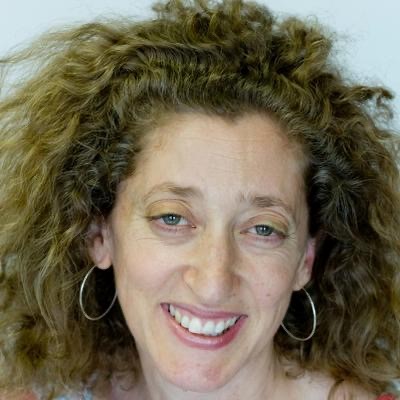Profile
I am a Social Anthropologist with a BA from LSE in Social Anthropology, an MSc in Agricultural Economics from Oxford University, and a PhD in Social Anthropology from Sussex University. I am currently a Reader in Global Health and Inequalities and co-lead of the Global Health Unit, in the Centre for Public Health and Policy, Wolfson Institute of Population Health (WIPH). I am also an Honorary Associate Professor at the London School of Hygiene and Tropical Medicine (LSHTM). Prior to joining QMUL I was a Senior Research Fellow at ODI, a global affairs think-tank.
I have worked for over 20 years at the research-policy interface crossing the fields of public health and social development in Asia, Africa, the Middle East, Latin America and the Caribbean. My focus has been on the social and political determinants of health and wellbeing, with a particular interest in issues related to poverty, inequality, gender, vulnerability and identity.
Within WIPH I continue to engage in global health related research, while also developing other similar and related research and engagement in the UK, especially in East London. I also support the Global Public Health degree.
Research
Research Interests:
My research has three broad areas of enquiry: barriers to access and provision of health services; health effects of entrenched social and gendered norms, often disadvantaging girls and women (e.g. child marriage, gender based violence, FGM/C); and health systems strengthening using multilevel approaches. Specific themes include mental health and psychosocial wellbeing, sexual and reproductive health, maternal and child health and social protection. I use various intersecting lenses through which to explore these areas including gender, life-course, race, ethnicity, identity, and equity.
Most of my research is applied, with direct policy and programming relevance. I have carried out research in both stable and fragile (including humanitarian) contexts. While I work globally, more recently my focus has been in several countries including Cuba, Kenya, Nepal and Viet Nam (my PhD research was in Zambia where I lived, worked and researched for a decade). I have used a range of conceptual framings and methodological approaches with partners from different disciplinary backgrounds. Methods used include quantitative, qualitative and ethnographic approaches. I have carried out implementation/operations research and used different research designs including case study approaches and longitudinal studies. Co-production using human centred design approaches and engaging closely with communities to co-design, empower and co-own research and engagement processes also plays a central role in my research. Funding for my research comes from a variety of sources including FCDO/DFID, Gates Foundation, UNICEF, UNFPA, Wellcome, Botnar Foundation, Plan International and the Big Lottery Fund.
My current research includes: a 3-year study Addressing the mental health and psychosocial wellbeing needs of adolescents in Tanzania and Vietnam through the co-creation of digital and non-digital solutions (funded by Botnar Foundation); a 4-year programme of work on the economic empowerment of Syrian refugees in Jordan with a focus on adolescent girls (funded by the Novo Nordisk Foundation); and a study exploring the effects of Covid-19 on bonded labour communities in Nepal (funded by the Freedom Fund).
Publications
Samuels, F. et al. (2022), ‘Mental health and psychosocial well-being among adolescents in Viet Nam’. ODI Report.
Samuels, F. (2021) Cuba’s Response to COVID-19: What Underlies its Apparent Success? Bulletin of Latin American Research, Vol. 39, No. S1, pp 62-66.
Samuels, F. and Daigle, M. (2021) ‘Sexual reproductive health and rights after Covid-19: A forward-looking agenda’. ODI Briefing Paper.
Samuels, F., Jones, N. and B. Abu Hamad. (2017) ‘Psychosocial support for adolescent girls in post-conflict settings: beyond a health systems approach’. Health Policy and Planning, Vol. 32, suppl_5 v40-v51.
Samuels, F., Amaya, A.B, and D. Balabanova (2017). “Drivers of health system strengthening: learning from implementation of maternal and child health programmes in Mozambique, Nepal and Rwanda”. Health Policy and Planning, Vol. 32, Issue 7 pp 1015–1031.
Supervision
Iona Hindes (3rd Supervisor) (NIHR funding): The impact of COVID-19 lockdowns on maternal and neonatal health outcomes, start date 2022.
